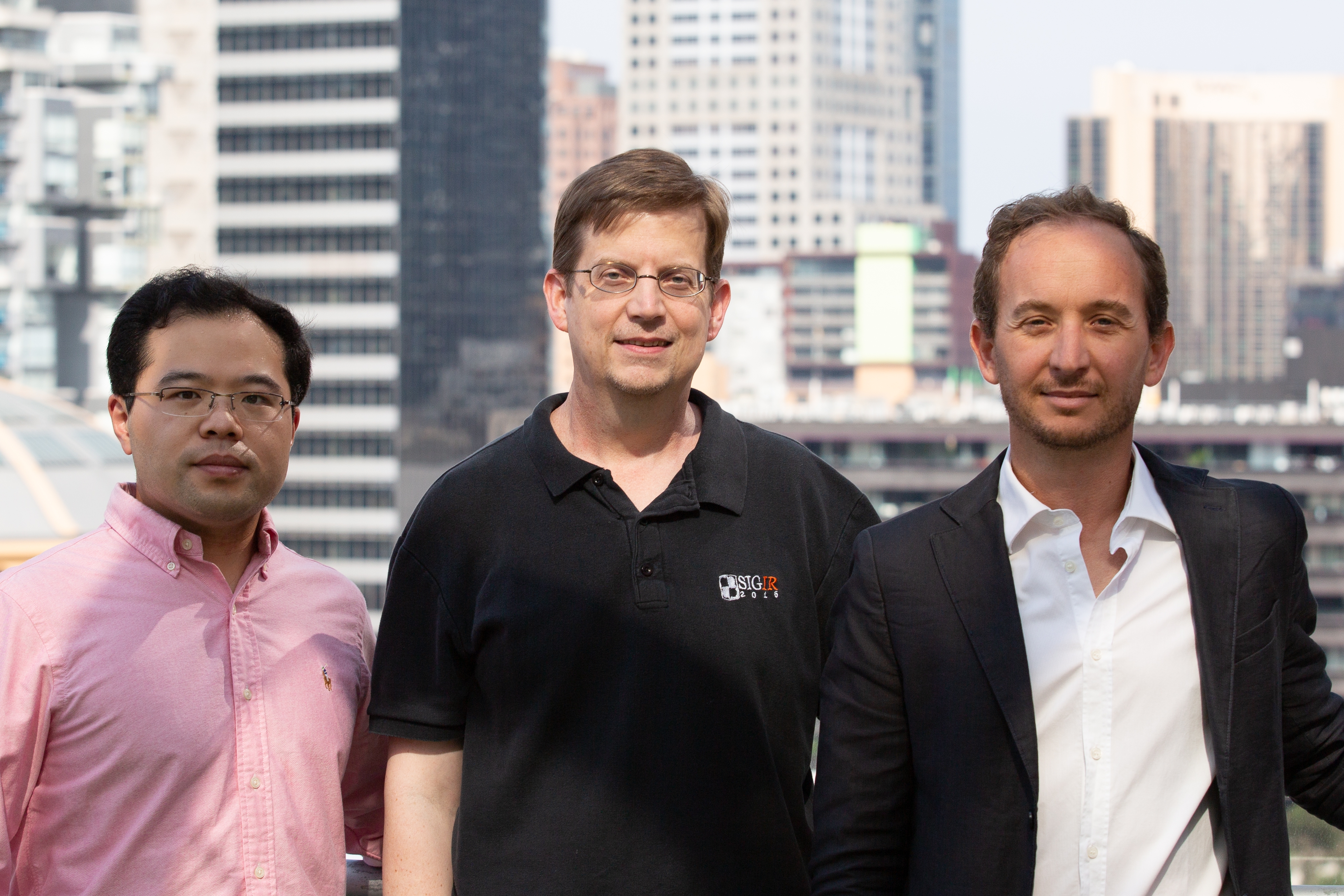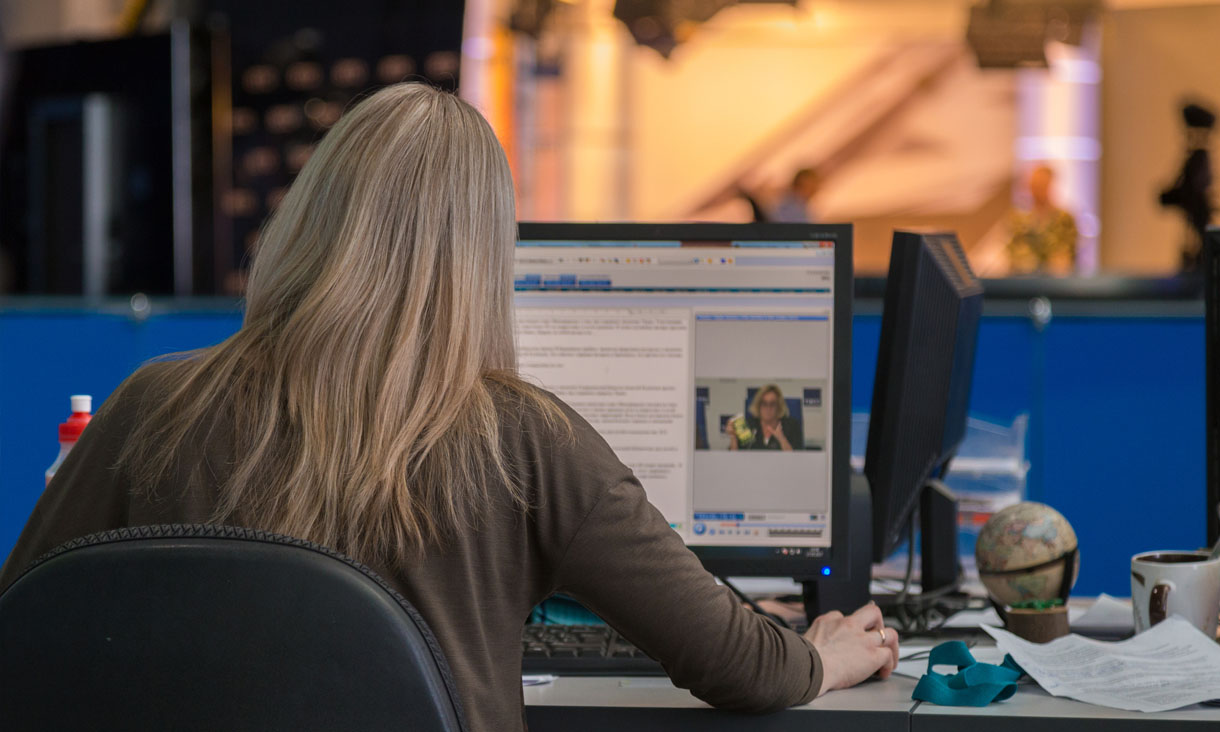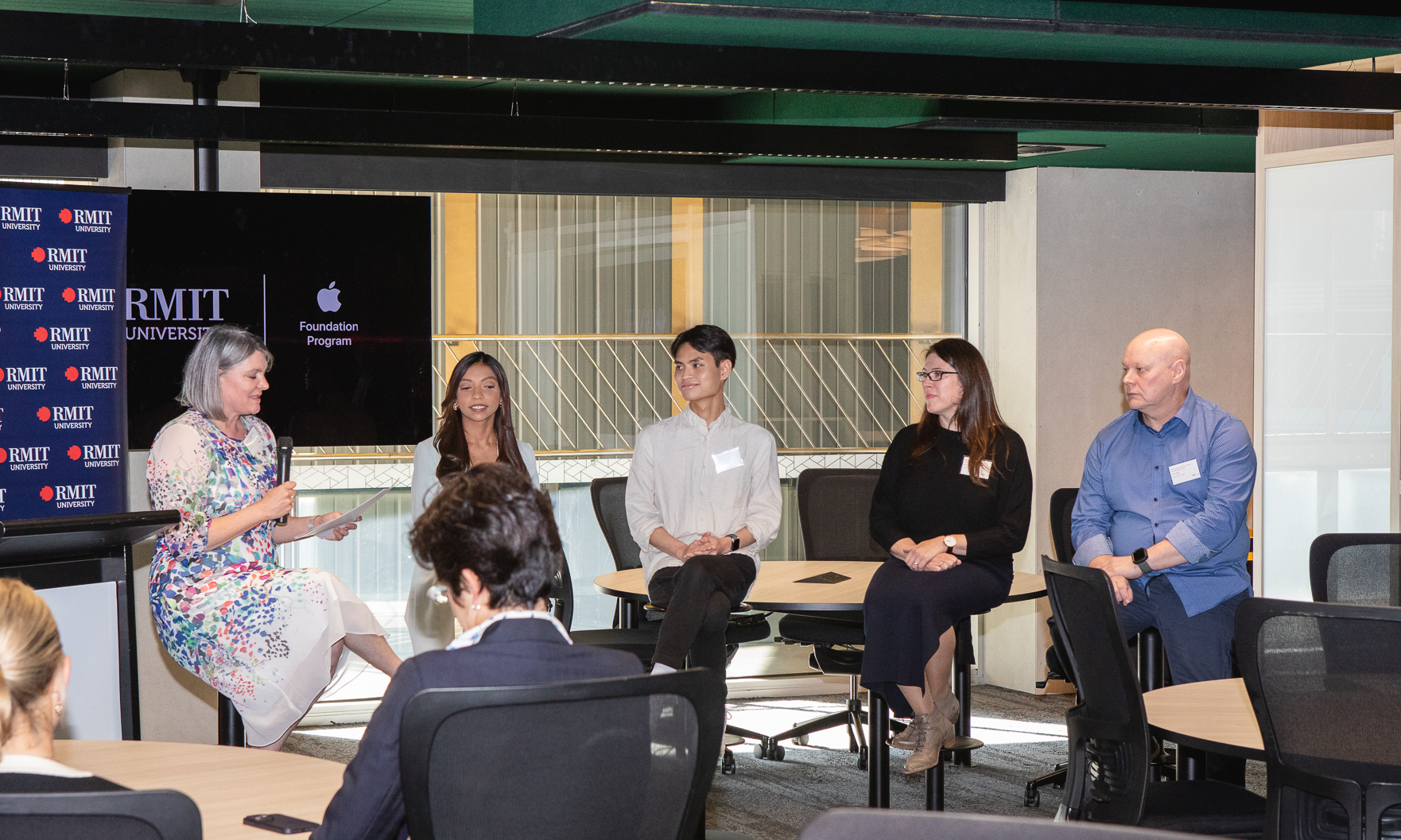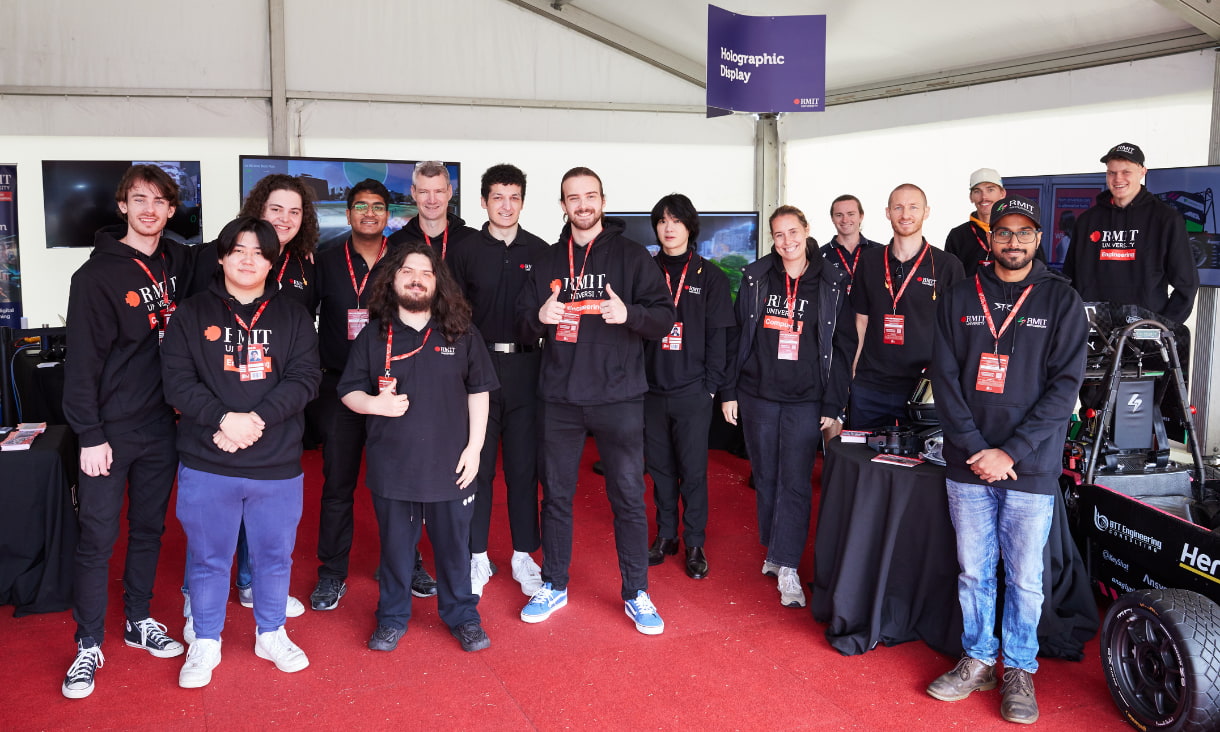Associate Professor Shane Culpepper, Director of the Centre for Information Discovery and Data Analytics
Culpepper is a leader in search engines, of which Google is just one example and which includes almost any system that sorts and filters large amounts of data.
Culpepper’s grant will support his work to develop machine learning algorithms that improve the effectiveness and efficiency of ‘top-k retrieval’, a commonly used search technique to identify the most relevant information in large data sets.
This will enable much better web search and database analysis, but also the next generation of conversational AI systems like Alexa and Google Assistant, which use this technology to make sense of the questions we ask them.
“There has been a renaissance in research on machine learning in response to the huge popularity of AI, which has led to many important advances in our field in the last five years,” says Culpepper.
“My work focuses on adapting these new ideas into search engines where everything must scale, and understand how to balance the costs of these algorithms against the improvements in quality they yield.”
Dr Zhifeng Bao, Big Data and Database research group lead in the Centre for Information Discovery and Data Analytics
Bao’s research looks at ways to make data more useful for decision-making.
Applications include crunching public transport data to help operators optimise the network, and helping potential homebuyers sift through thousands of real estate listings to find the perfect one.
This award, Bao’s second Google Award in four years, supports his development of machine learning algorithms that understand our preferences when searching online.
“We’re focusing on the challenge of how machines learn these preferences quickly to search structured data, for example the right house in a long list of real estate, especially for new users with no history of preferences recorded on the system,” says Bao.
As the algorithms learn our preferences, they can make suggestions on reframing searches to get better results and even tailor the presentation of results to a format we prefer.
“Even if we can find people relevant results, that’s of limited use if they’re not in a format that speaks to the user,” says Bao.
“One person might prefer pie charts and maps, while for another person bar charts and tables might make more sense.”
“I am excited to get this award a second time! It is a big recognition of my research achievements and an endorsement of my research topic.”
Dr Alberto Peruzzo, Director of RMIT's node of the ARC Centre of Excellence for Quantum Computation & Communication Technology (CQC2T)
Peruzzo is a leading researcher in the science of photonics, where light is manipulated for a range of applications including fibre-optic telecommunications and quantum computing.
This grant will support his work developing the next generation of photonic devices for high speed telecommunications.
“There is growing demand for high speed internet and other telecommunications applications, but current technology is struggling to cope,” says Peruzzo.
“We’re aiming to develop new photonic routers that allow massive amounts of data to be communicated, via internet or other channels, much more quickly.”
Peruzzo believes his team’s work will set a new standard for telecommunications.
“For us this award is a strong endorsement by a real tech giant of our achievements so far in this quest and just as importantly, trust in our future direction.”
Story: Michael Quin





